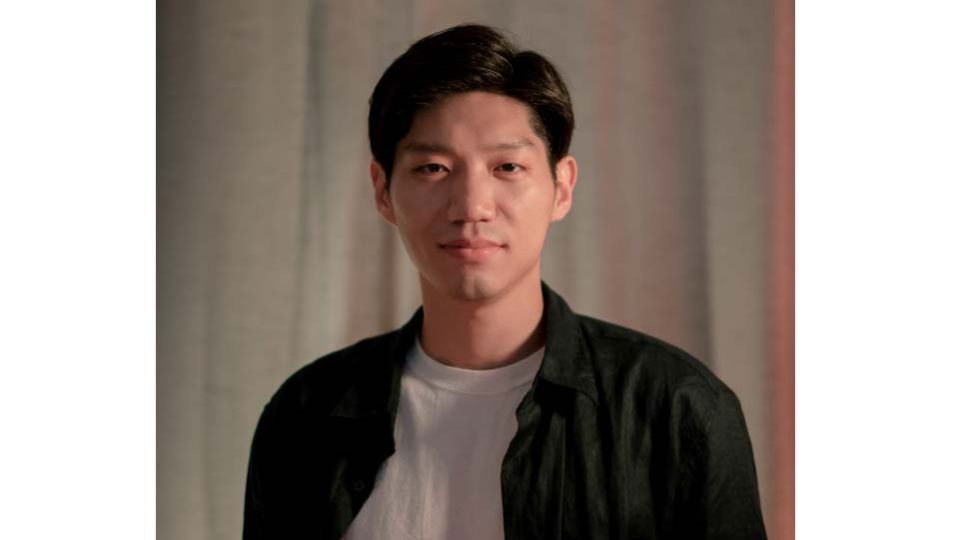October 2, 2024
SEOUL – Motion graphic designer Kim Gryun recently achieved all the goals he had set when first starting out in his career, culminating two Emmy Award wins and more. That which drove him to this success deeply resonates with the theme of this year’s Herald Design Forum: “Inspiration, limitless.”
“When I first chose this career path, I had what seemed like impossible dreams, but believing in those dreams was the embodiment of ‘limitlessness.’ Additionally, I always believed that those dreams couldn’t be achieved alone. Sharing ‘inspiration’ with friends, colleagues and industry peers helped us move forward together and ultimately realize those dreams,” Kim shared with The Korea Herald in a recent email interview.
One of the most important factors contributing to his growth as a designer, he said, was collaboration with talented people. “As I started creating my own work, I realized that the gap between what I was producing and the stunning pieces I admired seemed huge, and I thought it would take a long time to reach that level,” he said, adding “However, through collaboration with great people, sharing my skills and growing together with others, I was able to elevate my work to the level I had once dreamed of achieving.”
Throughout his career, Kim earned many awards including Emmys, Clios and ADCs for his works for “The Last of Us,” DC’s “Doom Patrol,” Amazon’s “Hunters,” “His Dark Materials,” “Men in Black: International” and “The Gilded Age.”
Among his most rewarding projects, Kim highlighted his Emmy-winning title design for “The Last of Us.” Although he initially wasn’t part of the core team, his innovative fungus growth simulation caught the attention of the project’s director, which led to him playing a key role in the final stages of the production. Reflecting on his journey, Kim emphasized the importance of collaboration, explaining that his experiences in the Korean Cinema 4D community — where creators freely share project files and techniques — have shaped his approach to teamwork and growth.
Kim is always in learning mode, due to the speedy development of motion graphics. These days, the role of AI in motion graphics also excites Kim.
“AI is not only creating videos, but also handling transitions between shots in ways that are often more creative than human artists. To my surprise, the advancements have come much faster than anticipated, and the results are delivering performances beyond what I could have imagined,” Kim explained.
In addition to AI, real-time rendering engines like Unreal Engine will continue to revolutionize the field, he said. “Rather than focusing on AI-generated videos, I’m more interested in how AI can be used within the CG production pipeline to enhance workflow,” he noted, particularly in client projects where revisions and flexibility are crucial.
Kim, who now inspires many aspiring motion graphic designers, acknowledged that the rise of AI technologies may be both concerning and confusing for them. However, he encouraged up-and-coming students to “continue preparing for a career in motion graphics as you normally would, but stay informed about developments in AI. If there are opportunities to leverage AI to your advantage, don’t hesitate to experiment with it — it can be a valuable tool.”
As to what inspired him, he pointed to his annual goal and theme that he set at the beginning of each year. For instance, this year’s main keyword for Kim is “helping others succeed,” and he has planned nine related projects, which he keeps track of and shares with others on websites and YouTube channels, hoping to “turn the process itself into an art form by doing things differently from others.”
In his upcoming presentation on Oct. 8 at Herald Design Forum 2024, Kim plans to interpret his message as a game concept, hoping to share inspiration and underscore the importance of having a ‘limitless’ mindset.


